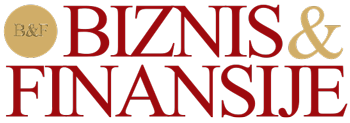
According to a report published by Instituto Cervantes, Spanish is the world’s second most popular language – after Chinese – with 495m native speakers in 2012. After English, it is also the most popular international communication language, with 7.5 per cent of the global population expected to speak it by 2030. The US will be home to the largest number of Spanish speakers by 2050, while the language was the second most used on Twitter in 2012 and the third most popular on the Internet.







